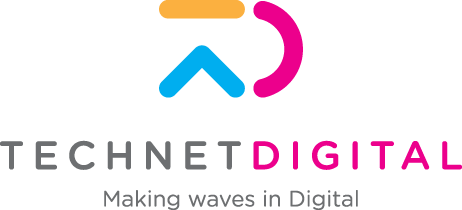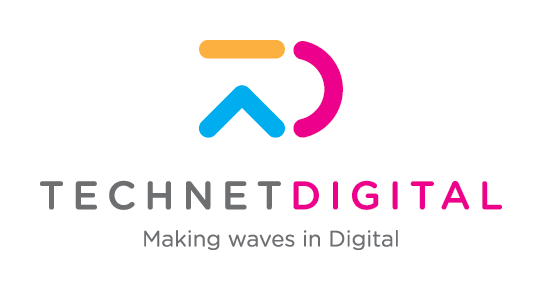
Data Science Recruitment – attracting talent in 2024
What are your data science recruitment plans for 2024? In a digital world where understanding data is the key to success, it’s more important than ever for companies to invest in their data teams.
There is no doubt that these data-led professionals are in demand. So, what should your strategy be for attracting this talent? To help you build the very best team, we wanted to share some top pointers to include in your data science recruitment strategy.
First step – define your needs
As with any recruitment process, it’s important not to rush the early stages. You don’t want an influx of CV’s without knowing exactly what you should be prioritising in a candidate. Therefore, you should be aligning the recruitment process with the company objectives.
So, if an objective is to convert more users into customers, what specific skills will you need? Determine whether you need a generalist who can handle end-to-end projects or a specialist with expertise in a particular domain. For example, machine learning, natural language processing or data engineering.
Skills to watch in 2024
Assessing technical and analytical skills during the hiring process for data science professionals is a given. So, what are the key technical and soft skills you should be looking out for?
- Programming proficiency
- Statistical knowledge
- Data manipulation skills
- Machine learning expertise
- Problem solving
- Coding
- Communication and collaboration
- Project management
- Feedback interpretation
- Conflict resolution
The in-demand data science roles
Speaking of specific skills you might need, it’s useful to know what exact roles within data science are most in-demand. Though data science and analytics departments are becoming more commonplace, sometimes they can be a much smaller presence within a wider digital team. Data scientist jobs are predicted to experience 36 percent growth between 2021 and 2031, according to the US Bureau of Labor Statistics. So, it’s time to let the data be heard and explore what vital roles could be missing.
- Data Analyst: Helping a company evaluate, organise and visualise data, they can identify trends to help solve a problem or make better decisions.
- Data Engineer: With more data, the ability to work smarter is important. These professionals can build systems that automatically collect, store, manage, and analyse data sets.
- Data Architect: Data architects can maps out a company’s plan for solving a specific issue, constructing systems that will help identify trends and patterns.
- Machine Learning Engineer: Designing the architecture for AI programs to interact with large data sets, these professionals interact with data scientists so that the AI programs achieve their goal – helping customer experience and supercharging conversions.
Hiring data science professionals? Make data-driven decisions
While applying data analytics methods to your recruitment process sounds complicated, it can’t be denied that recruitment technology is evolving to make this easier. Here are some ways to add a data-driven approach to the recruitment process.
- AI enhanced candidate sourcing: AI algorithms are invaluable when sorting through candidate data to identify the most suitable matches for data science positions. This technology ensures a data-driven and objective approach to candidate selection, saving time and building a targeted approach.
- Predictive analytics: Data analytics is playing an increasingly important role in predicting hiring trends and identifying patterns in a competitive candidate job market. By utilising historical data, hiring teams can discover insights into industry-specific talent movements, salary expectations, and emerging skills.
- Improved candidate assessment: Data analytics also opens up wider improvements in candidate assessment techniques. By relying on data-driven insights, a more concise evaluation of a candidate’s suitability for a data science role is provided.
Here for your data science recruitment needs
Our digital recruitment services are designed to help you secure the very best talent! If you’re looking for digital recruitment support, we’re here to help!





